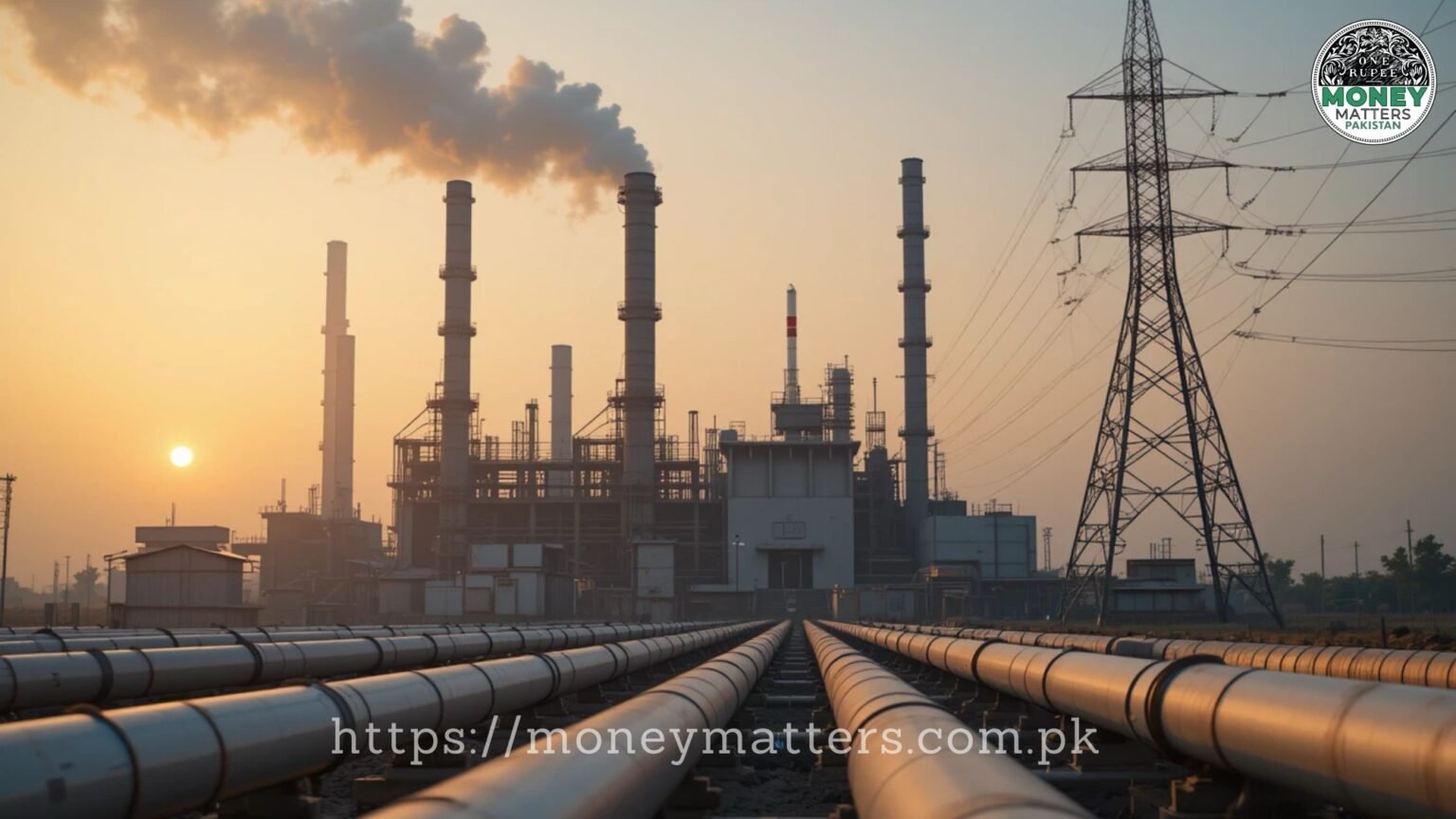Sharp increase in gas prices raises questions about industrial competitiveness and consumer burden despite government’s move to lower electricity costs.
Key Takeaways:
i) Sui Northern Gas Pipelines Limited (SNGPL) has increased gas prices by 39%, adding to the financial strain on industries and households.
ii) The price hike includes a surcharge for delayed payments, exacerbating the circular debt issue in Pakistan’s energy sector.
iii) While electricity rates are being reduced, the increased gas prices, particularly due to expensive RLNG supply, may offset any potential economic benefits.
Islamabad, Pakistan – April 18, 2025 – Sui Northern Gas Pipelines Limited (SNGPL) has announced a significant 39% increase in gas prices, raising concerns about its impact on Pakistan’s economy. The price hike comes at a time when the government is attempting to lower electricity rates, creating a mixed economic signal.
A substantial portion of the price hike, approximately 51%, is attributed to the supply of expensive Re-gasified Liquefied Natural Gas (RLNG) to domestic consumers.
According to a SNGPL spokesperson, the price adjustment includes a surcharge related to delayed payments under the circular debt category, a longstanding issue plaguing Pakistan’s energy sector. The spokesperson further explained that reduced gas consumption by captive power plants prompted the government to advise these plants to switch to the national electricity grid, contributing to the price increase.
A substantial portion of the price hike, approximately 51%, is attributed to the supply of expensive Re-gasified Liquefied Natural Gas (RLNG) to domestic consumers. This reliance on imported gas is adding to the financial burden on consumers and industries alike.
While SNGPL maintains that its operating expenses constitute only a small fraction (4% to 6%) of its total revenue, the significant price increase is likely to have a cascading effect on various sectors of the economy, potentially impacting industrial competitiveness and consumer spending. The simultaneous reduction in electricity rates aims to provide some relief, but the sharp rise in gas prices may negate these benefits.




